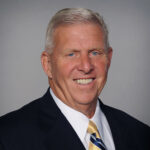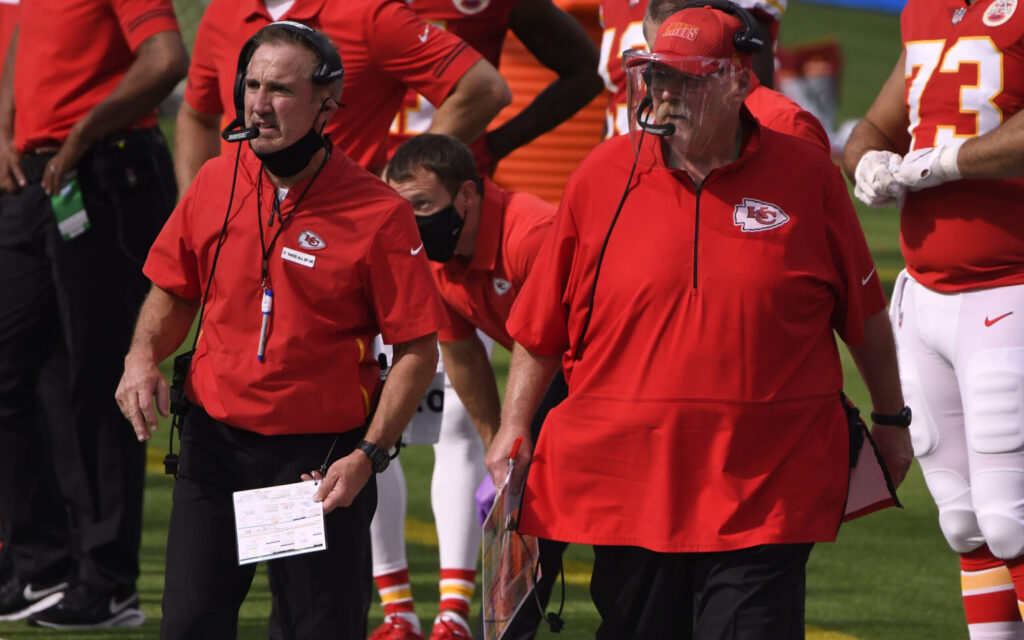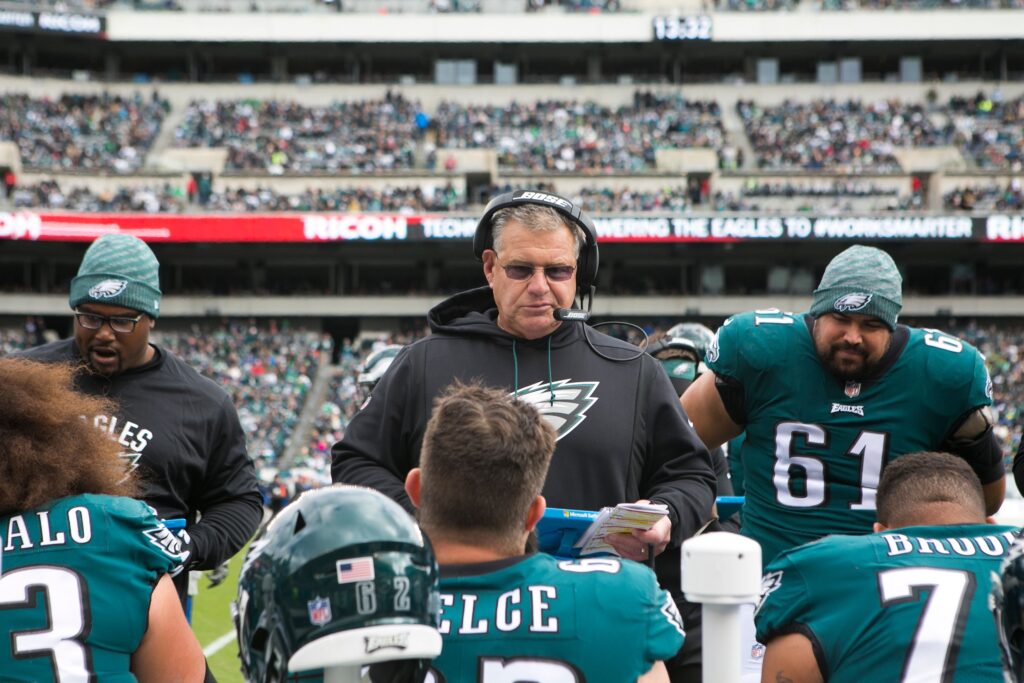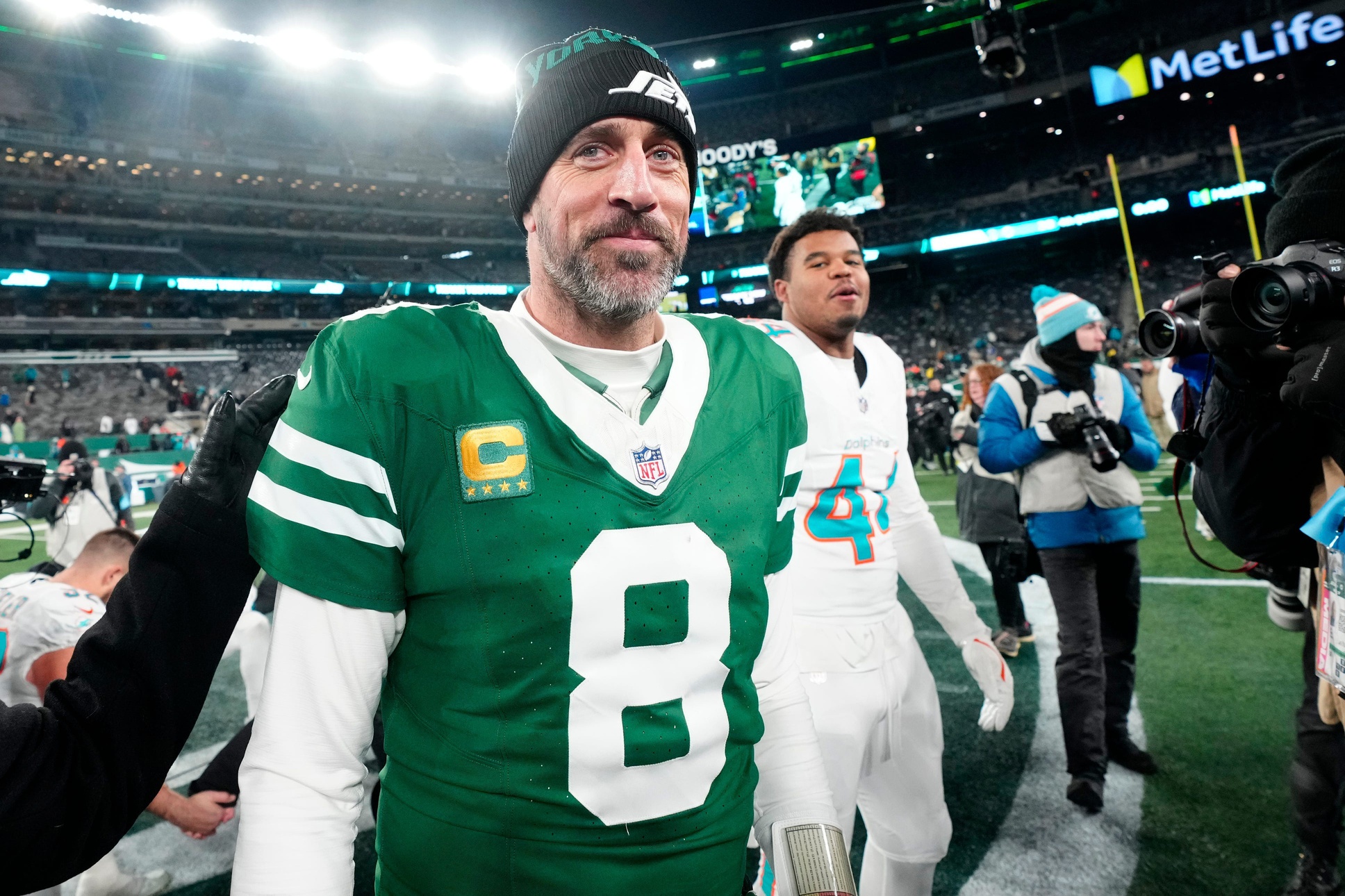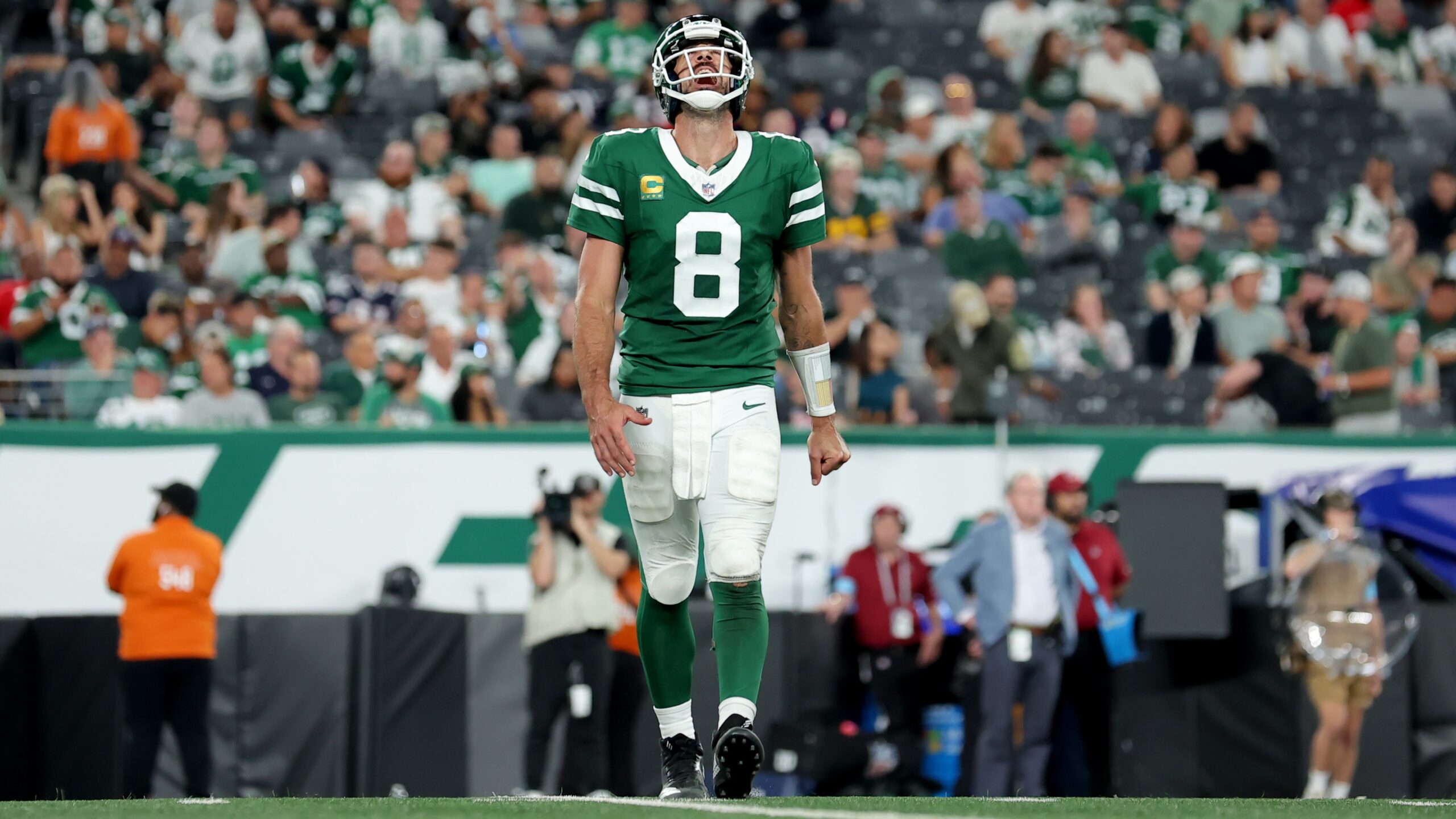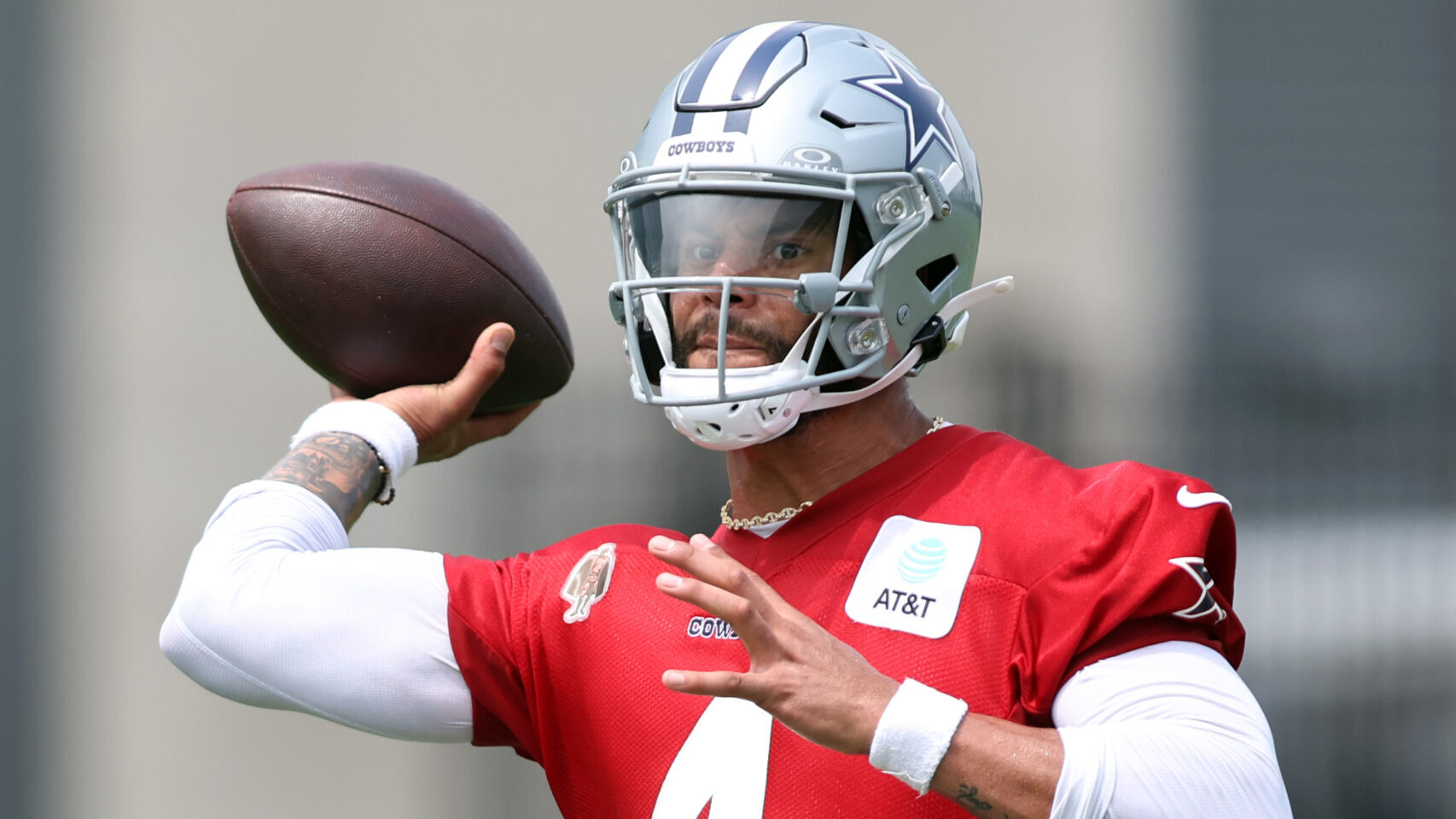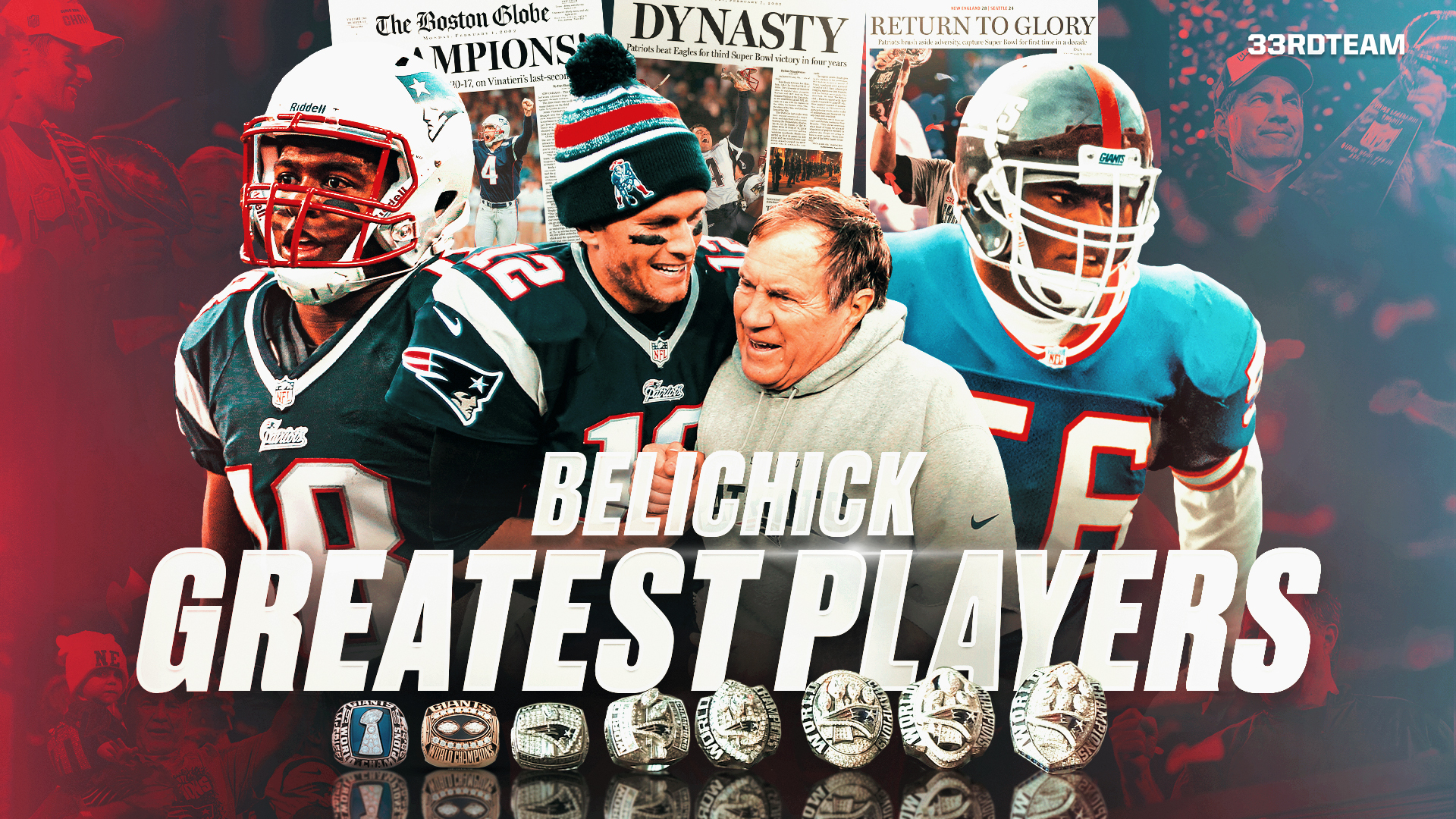Analysis
1/31/23
8 min read
Why NFL Head Coaches Need Complementary Coordinators
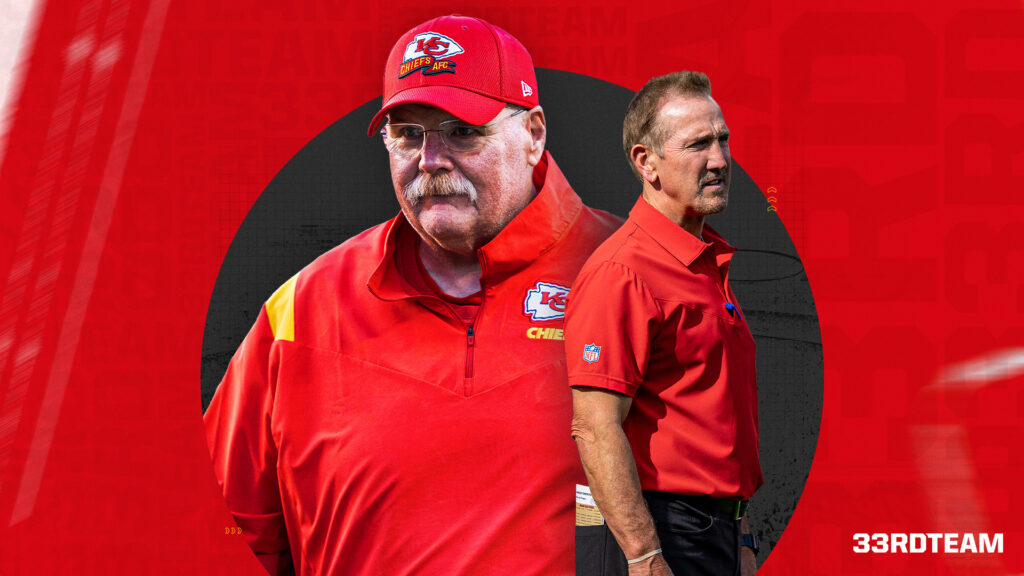
As we go through another NFL coach hiring cycle, I’m reminded that the attrition rate for head coaches is around 25% annually. If you compare pro football to other industries, there aren't a lot of them with that much CEO turnover each year.
When you see all of that firing, followed by all of the hirings it leads to, you have to look at some of the reasons for the attrition, starting with how those decisions are being made in the first place. Doing it right is sometimes difficult for the people doing the hiring.
Based on first-hand experience and many years observing the game, I think the single most important aspect for a head coach hiring a coordinator is to find a counterpart on the opposite side of his degree of expertise. The guys that can do that well have had more sustained success than the guys that can’t. The guys that can’t are always changing coordinators. They’re changing this and that, and the program never gets settled and structured.
No matter what side of the ball his expertise comes from, the head coach has to coach the whole team in terms of leadership, structure and discipline. If the head coach has a degree of expertise, say, on the offensive side, he can fix that offense if he has to, and if he has the right counterpart on defense, that coach can do the same on that side.
In my case as a head coach, I needed to find a coordinator with a strong degree of expertise in offense because my special area was defense. With the New York Giants, I was fortunate enough to find an offensive coordinator named Ron Erhardt, who was someone I had worked for and knew well. Having been a head coach himself, Erhardt contributed significantly to our operation.
>> Read: Bill Polian's Look Inside Head Coaching Selection Process
Examples From the Past
If you look at the history of the game, you’ll see head coaches who had sustained success had successful coordinators on the opposite side of their degree of expertise. Going way back, legendary Green Bay Packers coach Vince Lombardi had a defensive coordinator named Phil Bengtson, who was with him the whole time in Green Bay and would eventually replace him as the Packers' head coach. Don Shula had Bill Arnsparger as his defensive coordinator for virtually his entire coaching career with the Miami Dolphins.
In my era, which was the early ’80s into the ’90s, Bill Walsh had Bob Ferguson and George Seifert as defensive coordinators with the San Francisco 49ers. Dan Reeves, who coached in four Super Bowls and won more than 200 games, had a guy with the Denver Broncos named Joel Collier as his defensive coordinator. Chuck Knox, who also won more than 200 games with the Rams, Bills and Seahawks, had Tom Caitlin as his defensive coordinator. Dick Vermeil’s defensive coordinator with the Philadelphia Eagles was Marion Campbell, while Joe Gibbs had Richie Petitbon running his defense in Washington.
The best current example of successful head coach-coordinator combinations is Andy Reid and Steve Spagnuolo, who is a former head coach and Tom Coughlin's defensive coordinator with the Giants when they won two Super Bowls. Spagnuolo has been with Reid and the Kansas City Chiefs for quite a long time and has been an important part of Reid's success. Cincinnati Bengals head coach Zac Taylor has a good young defensive coordinator in Lou Anarumo, and those two have found early success together.
Sean Payton went through about three defensive coordinators with the New Orleans Saints before he found Dennis Allen, who is now the Saints’ head coach. Payton was fortunate to have had multiple opportunities to find the right counterpart. There are a lot of other head coaches who didn’t get that chance, which is part of why you have all that attrition.
General Influences
When it comes to putting the entire staff together, there are certain things that generally influence the hiring process. For instance, on the offensive side of the ball, the skill positions – receivers, quarterbacks, running backs and tight ends – have a far greater pool of potential coaches to choose from than the offensive line. Skill position coaches tend to work together, and sometimes they can even be a little bit interchangeable. In other words, quarterback coaches could coach receivers, and receiver coaches could coach tight ends.
But seldom do you see those skill position coaches coach the offensive line. An offensive line coach is probably the most difficult position to find. When you find a good one, you’ll stay with them for a long time. Guys who have the reputation of being good offensive line coaches don’t have any trouble getting a job in the league, and they usually coach for a long time.
On the defensive side of the ball, linebacker coaches and defensive line coaches work closely together, particularly because the first objective of the defense is to stop the run. Sometimes those positions can be a little interchangeable. I had experience in both of those areas when I was an assistant coach.
The separate part of defense is the secondary, and that’s become more important because, generally, there are more defensive backs playing as the nickel defense has become a lot of the team's lead defense. The secondary coach – and some teams have multiple secondary coaches – is an important hire.
The special teams coach is one of the few guys that must be capable of coaching the whole team because he’s talking to a pool of players from both offense and defense. There are a lot of moving parts when practicing special teams. And he doesn’t have the same amount of time meeting-wise as the offensive, and defensive coaches do.
It takes good organization, good structure and good philosophy in order for a guy to do a good job in the special teams area. When I hired a young coach at a position other than special teams, I always tried to make him assist the special teams coach when he first came into the league, so he would gain an appreciation for the importance of special teams as he went forward in his coaching career.
The strength and conditioning coach is kind of a separate entity, but sometimes he’s the first guy the players see every day when they come to the facility. A lot of coaches have their strength and conditioning done even before the morning meetings. So, the strength and conditioning coach is a conduit of information to those players. He can pass on the information and be kind of an influencer, so to speak.
Bottom Line
The bottom line with all of your coaches is they have to be on the same page with how you’re going to play. What is the philosophical structure we’re going to use? Are we going to try to be a ball-control team? Will we try to be a wide-open passing team? Are we going to be a West Coast offensive team? Are we going to be a no-huddle, fast-paced offense?
Nowadays, there are all sorts of things involving both sides of the ball and affecting both sides of the ball. If the head coach happens to come from the offensive side, the defensive coach has to be in line with him so they collectively know how they’re going to play the game. This might change from week to week because you might approach one team differently than you approach another, which is the case most of the time.
I don’t think there has to be one set way of saying, “Oh, well, we need to hire an offensive head coach.” That’s a popular theory because the quarterback is the key guy. Well, you take a look around and see Bill Belichick, Mike Tomlin, Pete Carroll and John Harbaugh. None of those guys was an offensive coach.
They’ve been pretty successful, too.
As told to Vic Carucci
WATCH: Frank Reich on Coaches Being CEOs
[bc_video video_id="6319312015112" account_id="6312875271001" player_id="default" embed="in-page" padding_top="56%" autoplay="" min_width="0px" playsinline="playsinline" picture_in_picture="" language_detection="" max_width="640px" mute="" width="100%" height="100%" aspect_ratio="16:9" sizing="responsive" ]
